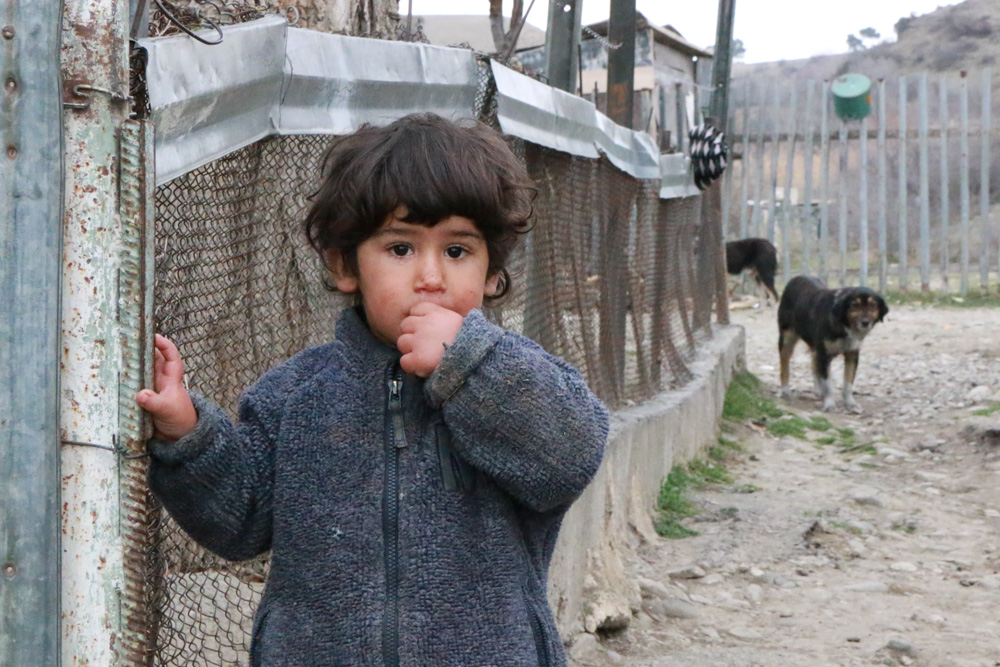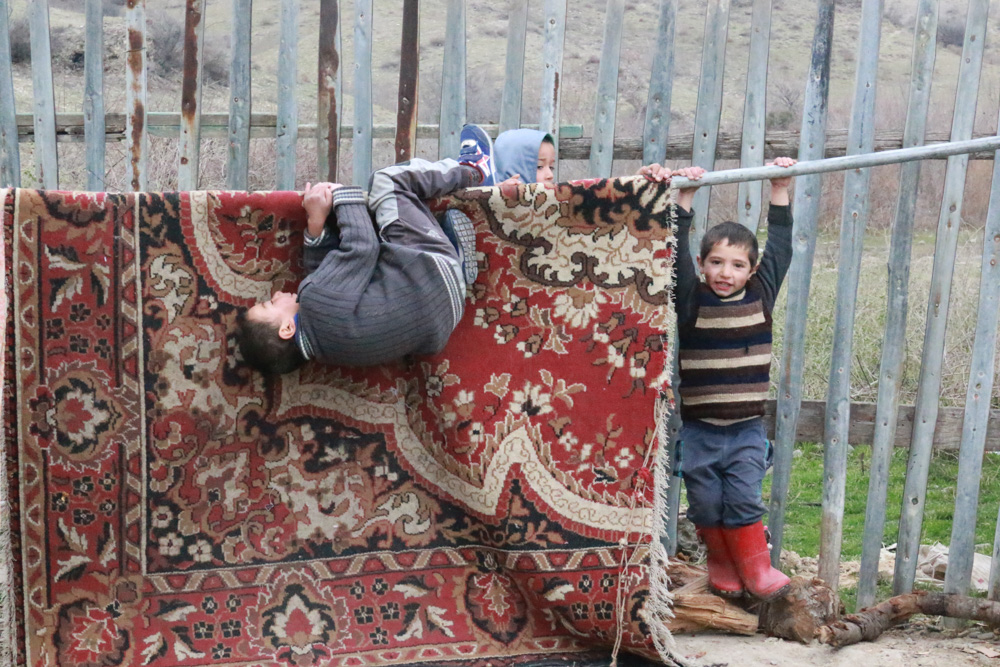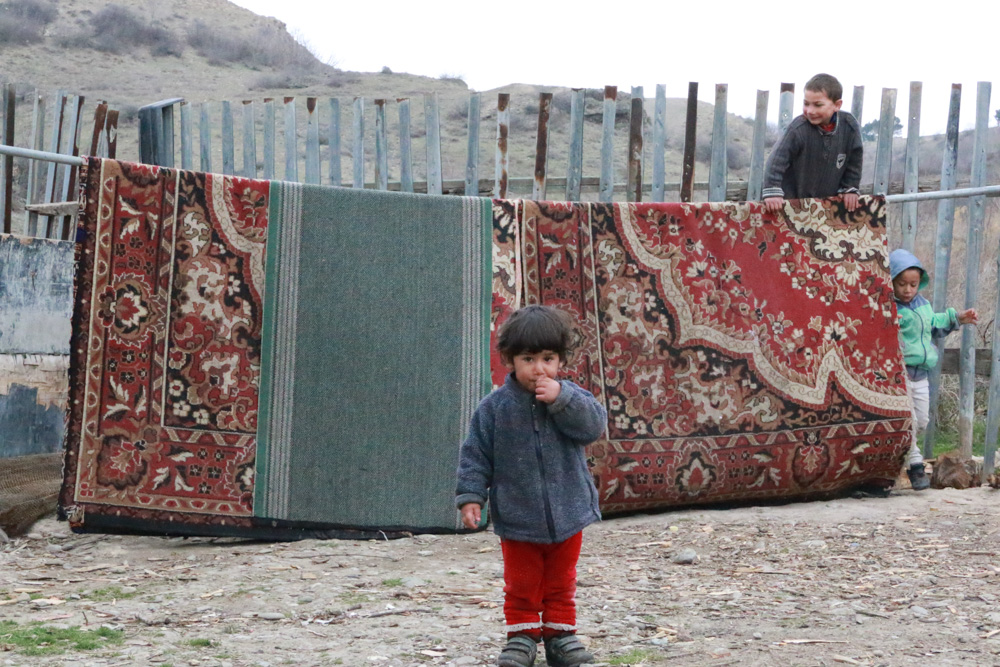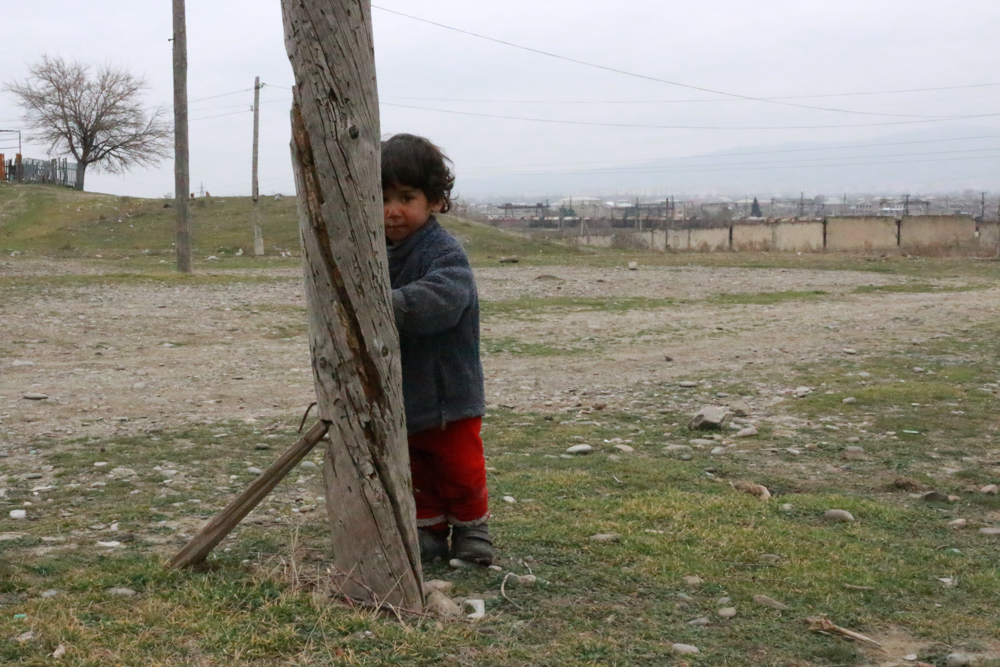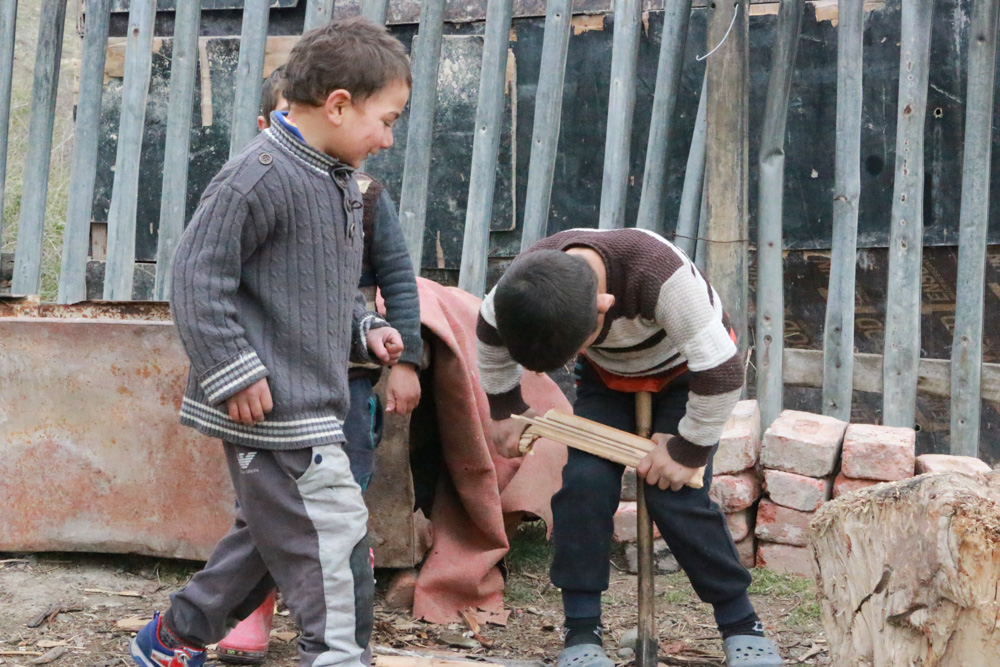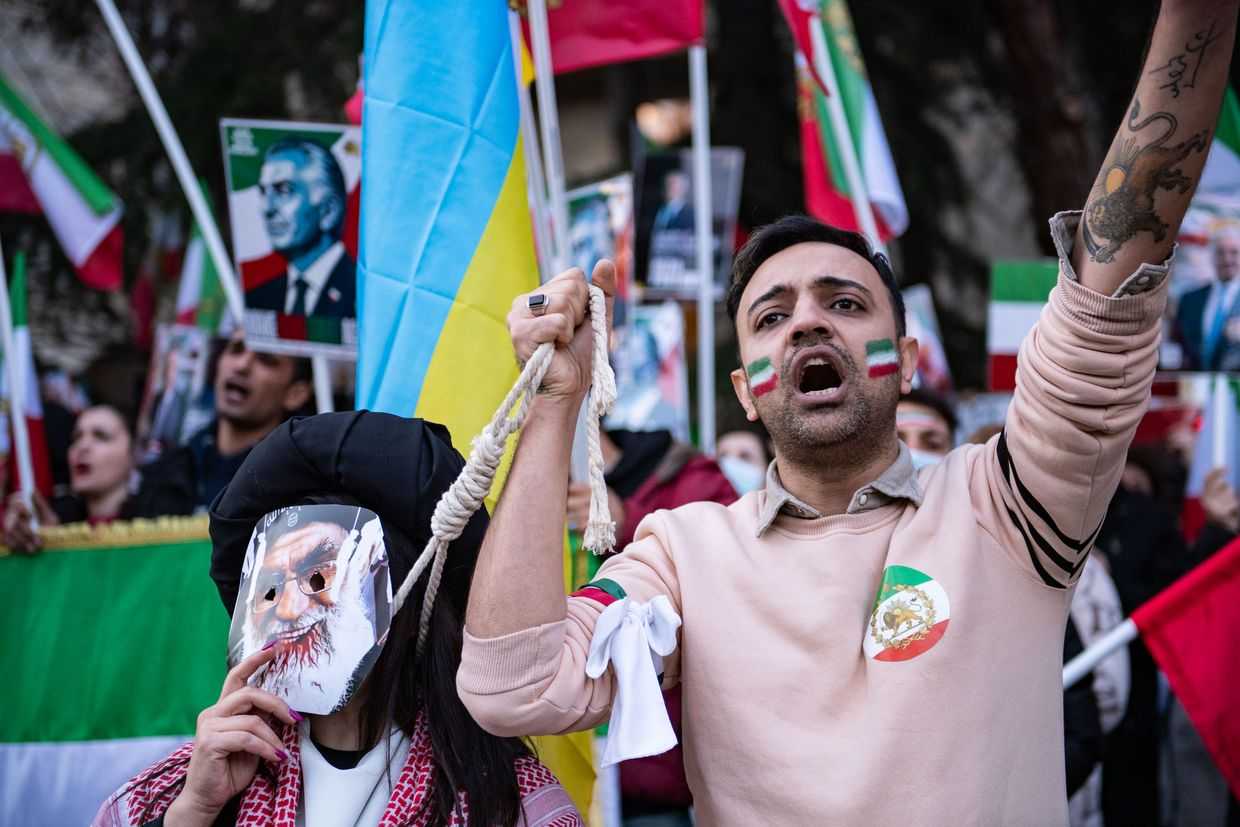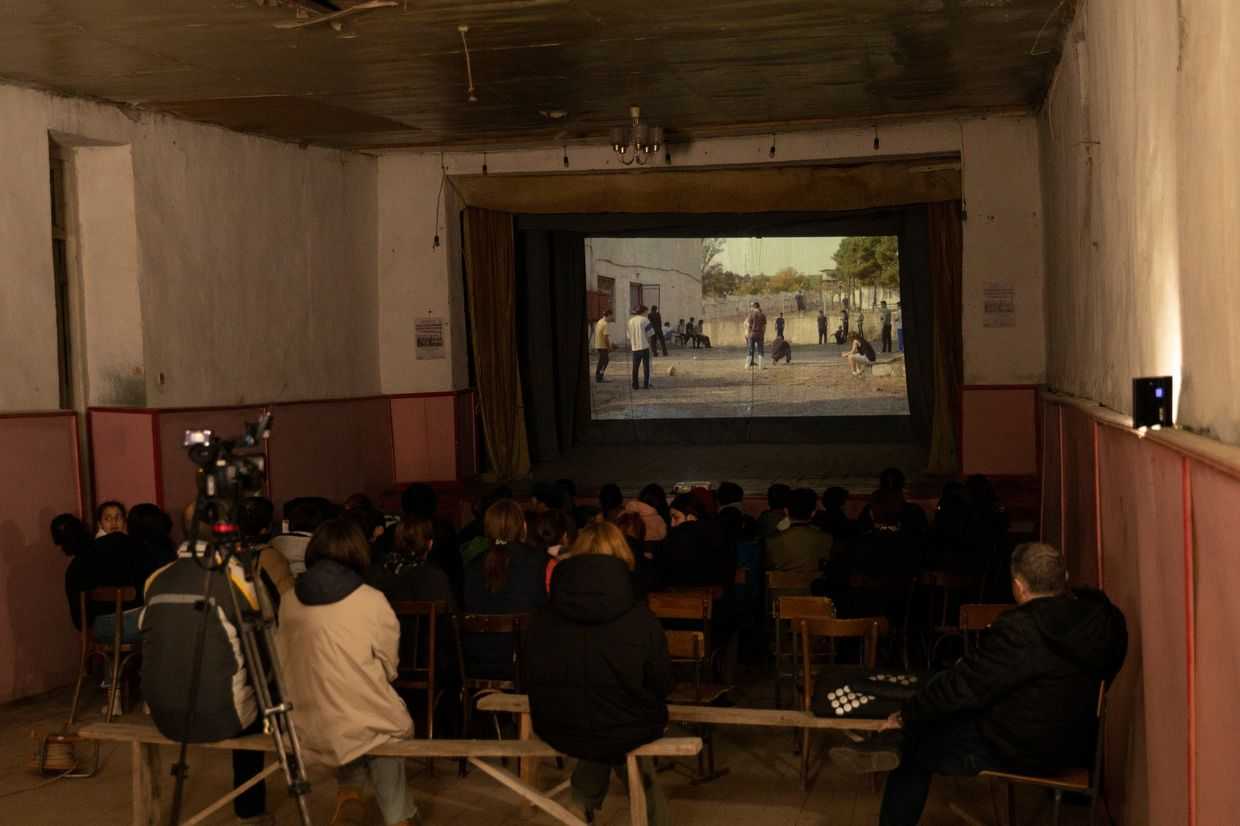
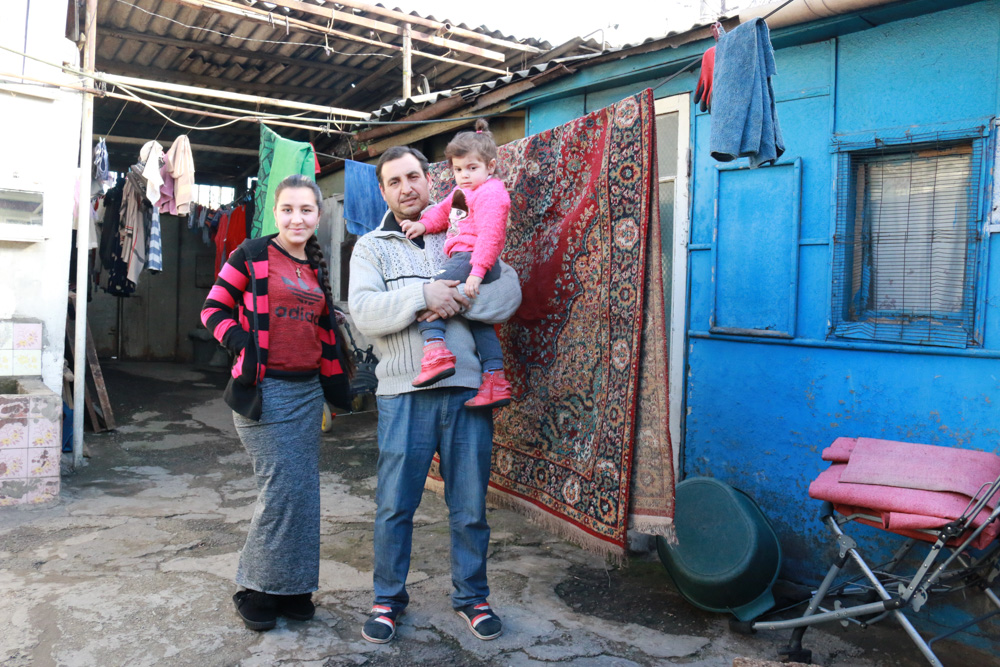
 Georgia’s Roma people have gradually withdrawn from a number of their traditions, rejecting the baron, historically the strongest figure in the camp. While many Roma people have hailed the changes, there is also some concern over the community’s future.
Georgia’s Roma people have gradually withdrawn from a number of their traditions, rejecting the baron, historically the strongest figure in the camp. While many Roma people have hailed the changes, there is also some concern over the community’s future.
The baron, who was historically an influential person in Roma communities across the world, is now losing his authority. A number of Roma people in Georgia told OC Media this is because people want to live freely, without reporting to anyone.
According to both members of the community as well as experts on the Roma in Georgia, there has been no official baron since Georgia gained independence.
In Georgia, where Roma communities live in close proximity, people have mostly good memories of the baron as an institution, but most seem to agree — ‘don’t bring it back’.
Nevertheless, some still compare themselves with the barons of old, claiming they could manage the camp well. Roma Aslanov, whose uncle, Volodia Aslanov was a baron in Adjara, told OC Media he would like to be the baron, but with a more modern understanding of the title․ ‘I could be a leader like the barons, but through [a state office] and with the Roma flag’, Aslanov says. He adds that there are people who know the Romani language well and could protect it in office. He says it will be ‘a Roma people’s committee’.
Roma Aslanov, the Pastor of the Pentecostal Church of Kobuleti, says that every Sunday, around 50 Roma people attend his church, which is in his house. ‘They listen to me. I advise them on how to do right and be honourable. They often ask me to help solve disputes. I help them keep God’s commandments,’ says Aslanov. He insists that he is not a baron, but only a leader of a group of believers.
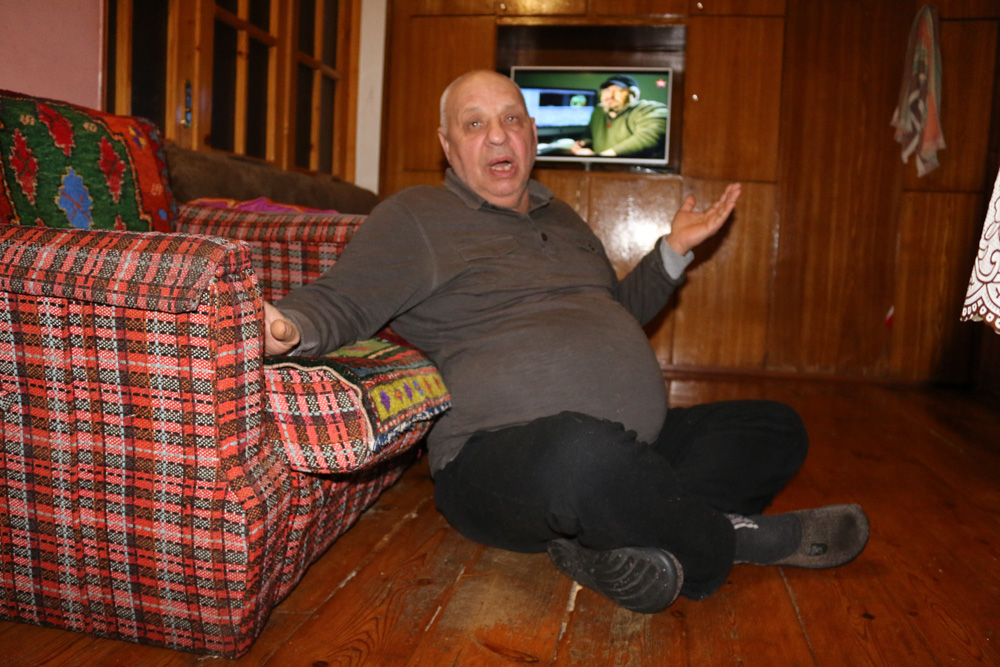
Before Georgia’s independence, there was a baron in the village of Gachiani, just outside Tbilisi. Ivan Yurenko is the son of Gachiani’s last baron, Konstantin Yurenko. ‘Now, only my relatives are left there (many of them have left the country), over whom could I be a baron?’, he asks.
‘I would like to be a baron like my dad, but times have changed, maybe nobody wants me as the head of the community. They have always chosen their leader.’
‘Democracy came, the baron disappeared completely’ he says.
Yurenko remembers his grandfather putting a red carpet out in the yard of his house at the top of the settlement, a tradition among the Roma when something is to be celebrated or when a dispute is resolved.
Now Gachiani gets by without a baron․ As one of the locals, Vladimir Docenko, says, ‘every man is the baron of his house.’
‘I am the baron of my family and my brother’s family’, he says, getting angry at the children for breaking wood while playing with each other.
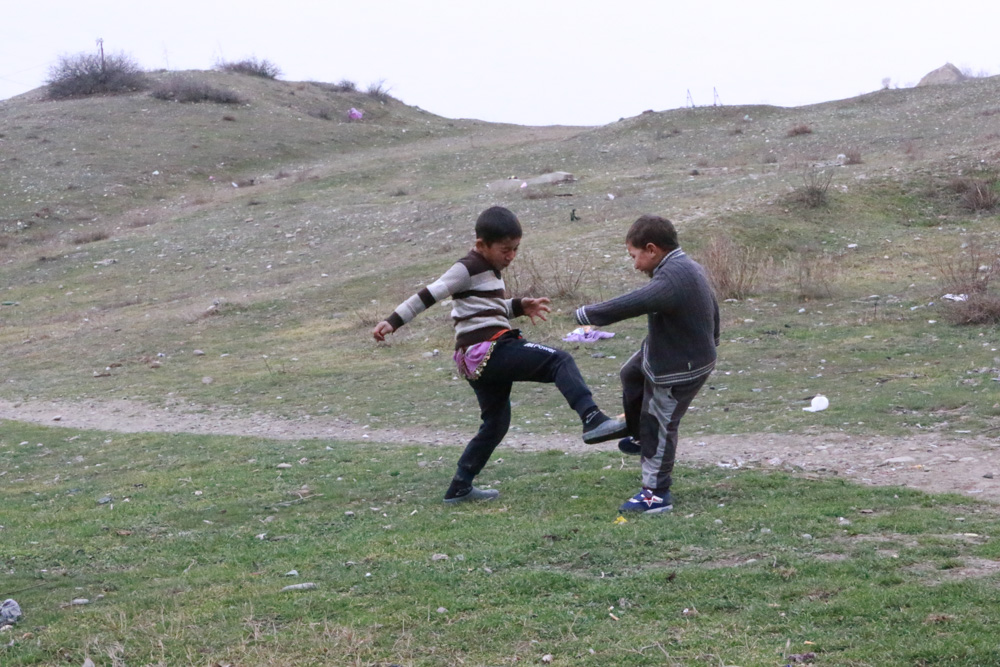
Disappearing traditions
Georgia’s Roma community has abandoned a number of customs besides the barons, including their nomadic lifestyle. They have also generally accepted that their children should marry once they reach adulthood (18 years old), whereas in the past, early marriages were the norm. Marriages with people who are not Roma have also become common.
Lena Proshikian, Roma issues coordinator at the Centre for Studies of Ethnicity and Multiculturalism (CSEM), a local non-governmental organisation, reports quite a few such marriages. ‘For example, in my family, only my brother married a Roma girl.’
Proshikian is married to an ethnic Armenian, and Romani is rarely used in her home.
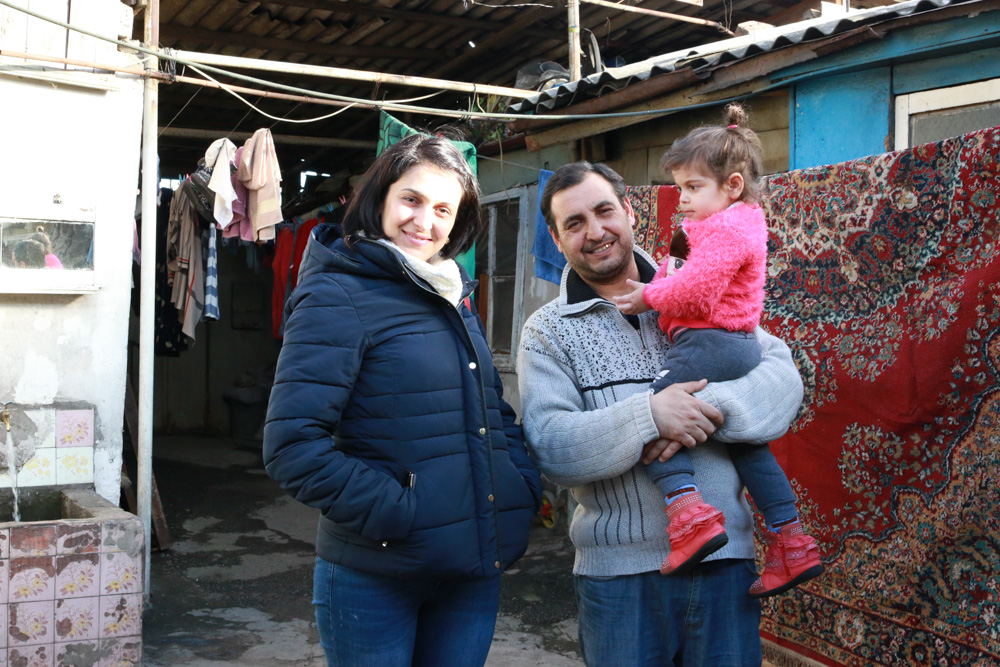
Forty-six-year-old Jumber Alimov was born in eastern Georgia’s Kakheti Region, but now lives near the Samgori Metro market in Tbilisi, where his wife works as a trader. They live with their children and grandchildren. ‘We live in the 21st century, many things have changed, we don’t want a baron, everyone is free, now I can’t even force my daughters to wear our national clothes’, he tells OC Media.
Alimov says that of his family, only his wife is happy to wear a traditional dress, every day to the market, just as she did during their wedding almost 30 years ago. He remembers the wedding, in a tent in Kakheti, which lasted over several days. ‘She changed her attire four times’, he recalls.
Jumber’s only daughter married at the age of 21, which he is proud of, but he is still against ‘mixed marriages’.
‘So in that matter, you are not at the 21st century yet,’ says Proshikian, sitting beside him. She was in Samgori to find out which Roma people do not have ID cards, to help them apply for their documents.
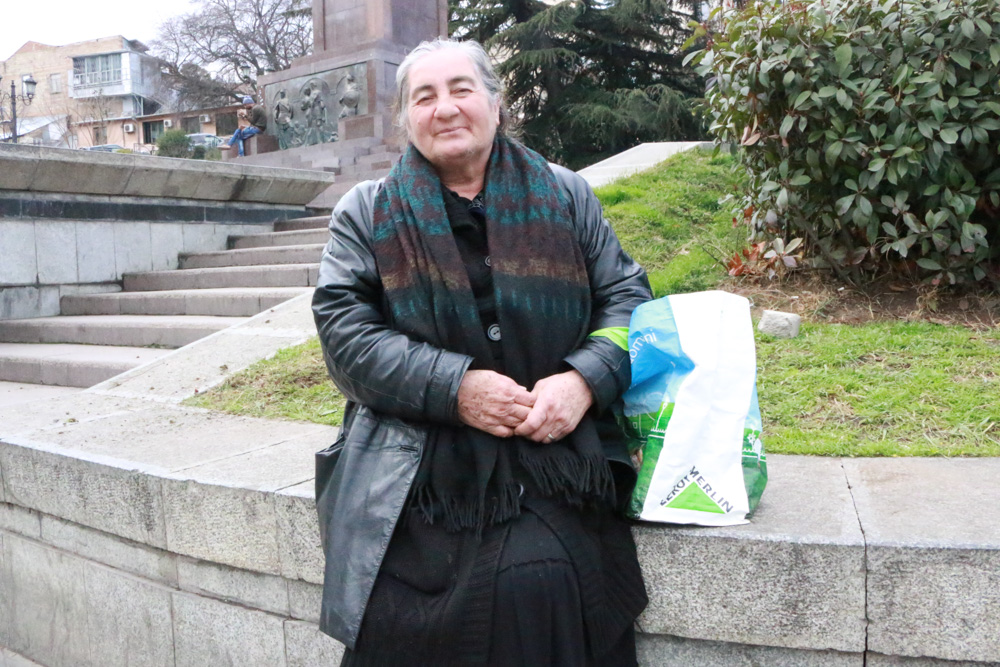
Venera Martkoplishvili, a Georgian woman from Dedoplistskaro, a town in Kakheti, married a Roma man at that age of 14 and roamed for 30 years from place to place.
‘These were cruel years of my life, they beat me, but I was ashamed to go back [to my parents]․’ Venera says she lived in tents in the mountains, where she studied the Romani language in order to sell things, and learned to tell fortunes.
Martkoplishvili says that now every Roma girl strives to marry a man who is not from the Roma community because they think they will be treated worse with a Roma husband. ‘[A wife] is responsible for everything, she is running everything, she is subjected to violence, but her husband just sits at home’, she says.
Martkoplishvili was separated from her first husband when he left her for his fourth wife, and now she is married to another Roma man, ‘my baron, he looks like a baron’.
She wants to start an organisation to protect the rights of Roma women.
[Read More on OC Media: [Voice from Kvemo Kartli] Women of Georgia — Venera Martkoplishvili, 63, Gardabani]
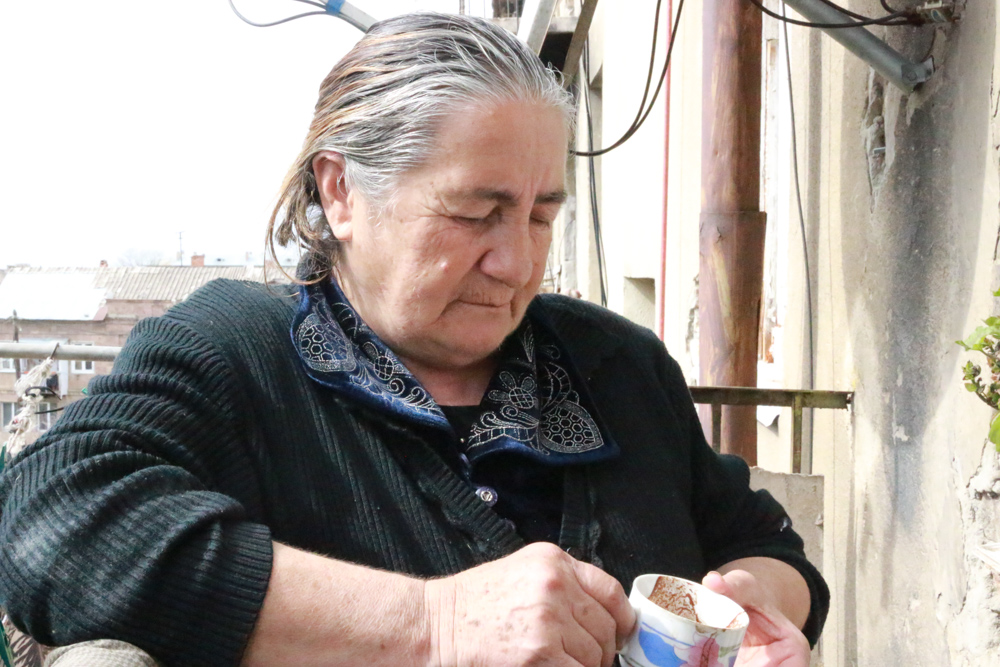
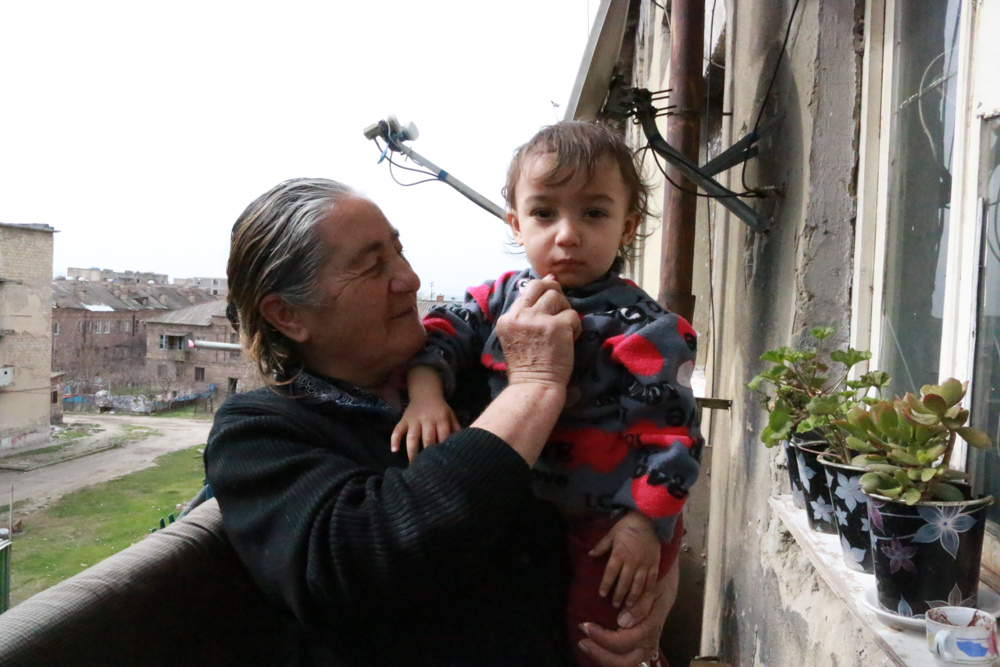
The Future of Georgia’s Roma
According to official data from 2014, there are only 604 Roma residing in Georgia. However, a number of non-governmental organisations, including CSEM and the European Centre for Minority Issues, put the number far higher, exceeding 2,500, as not all Roma groups are represented.
Giorgi Sordia, Founder and Director at Centre for the Studies of Ethnicity and Multiculturalism (CSEM), a Tbilisi-based think-tank, says that, for example, Roma living in Samtskhe-Javakheti, an Armenian populated region in Georgia’s south, are not counted because they often identify as Armenians․
But still, he says that the overall number of Roma people in the country is decreasing. ‘I’m not sure whether there will be a single Roma person in Georgia in 20 years’, he tells OC Media.
Similarly, Lena Proshikian cites a number of experts as saying the Romani language will be all but dead in Georgia within 20 years.
‘The girls want to marry Georgians, and the boys hardly have any Roma girls to marry, because the community continues to be closed and someone from another ethnic group is unlikely to enter’, she says.
